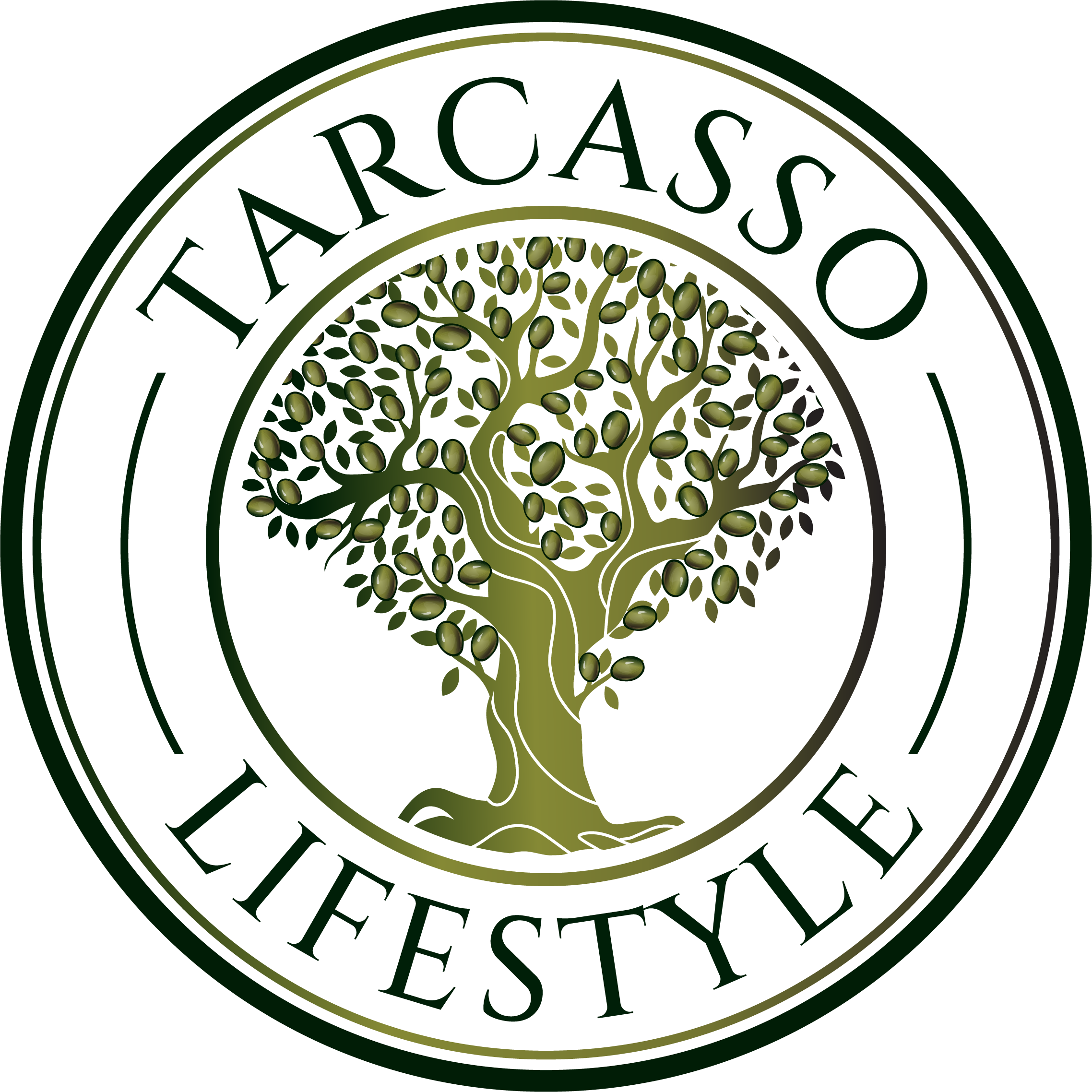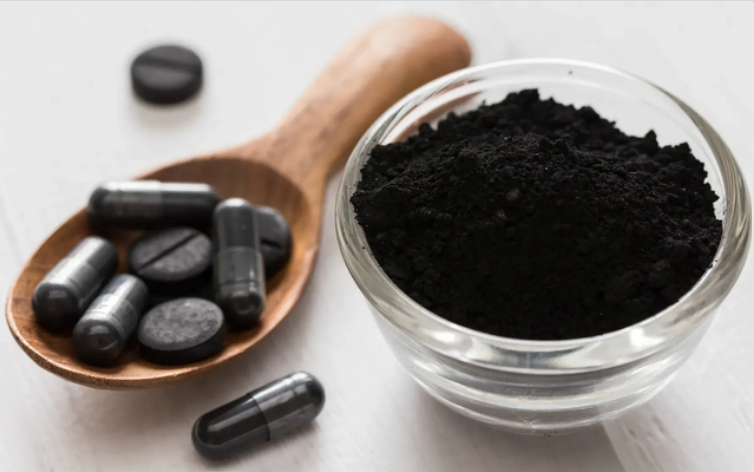What Is Activated Charcoal?
Activated charcoal is a fine, black powder made from carbon-rich materials such as coconut shells, wood, or coal. It’s processed at high temperatures, creating a porous texture that gives it a massive internal surface area. This network of microscopic pores enables it to “adsorb” (not absorb) certain substances by trapping them on its surface.
How Activated Charcoal Works
The key property of activated charcoal is adsorption—a process where molecules from liquids or gases bind to the charcoal’s surface. In emergency medicine, it’s administered to people who’ve ingested certain toxins or drugs. When taken soon after ingestion (ideally within one hour), charcoal reduces the body’s absorption of the harmful substance, binding it in the digestive tract to be excreted without entering the bloodstream.
Outside the hospital, activated charcoal appears in capsules, juices, teeth whiteners, and beauty products—often touted as a “universal detoxifier.”
Reported Benefits and the Science
1. Detoxification
- Medical Setting: Proven effective for certain poisonings or drug overdoses, particularly before the toxin is absorbed by the body. Its efficacy is time-sensitive and specific to certain chemicals.
- General Detox Claims: Despite widespread marketing, there is no scientific evidence that regular activated charcoal supplements actually “detox” the body of everyday toxins or improve overall health. The body already detoxifies itself through the liver and kidneys.
2. Digestive Health (Gas & Bloating)
- Some small studies have indicated it may reduce gas and bloating after meals by binding excess gas in the gut. Evidence is mixed and not robust enough for broad medical recommendation.
3. Cholesterol Lowering
- Older studies have shown possible reductions in cholesterol, as charcoal can bind cholesterol in the gut. However, contemporary research is lacking, and health organizations do not recommend it for this purpose.
4. Other Proposed Uses
Teeth Whitening & Skin: Charcoal-containing toothpastes and masks are popular, but scientific support for significant benefits is limited.
Disadvantages and Risks
- Nutrient and Medication Loss: Activated charcoal does not discriminate between toxins and beneficial substances. It can bind to essential nutrients, vitamins, and medications, potentially causing deficiencies or reducing drug effectiveness if used improperly.
- Gastrointestinal Side Effects: Nausea, vomiting, constipation, and, rarely, more severe blockage or aspiration may occur, primarily when used incorrectly.
- Not for Metals or Alcohol: Charcoal does not adsorb all chemicals—metals, alcohol, and certain acids or bases pass through unaffected. Activated charcoal does not help when consuming too much alcohol. Alcohol is absorbed by the body very quickly—often before activated charcoal can bind to it—meaning that taking charcoal after drinking alcohol does not lower blood alcohol levels or meaningfully affect intoxication or hangover severity
Conclusion
Activated charcoal is a proven emergency treatment for certain poisonings—not a daily “detox” panacea. While some claims about digestive comfort may hold minor merit, sweeping wellness promises are unproven. Long-term or casual use carries real risks, especially for those on medication or with chronic health conditions. For daily detoxification, your liver and kidneys remain nature’s best defense.
If considering activated charcoal supplements, consult a healthcare professional to avoid unintended side effects.





